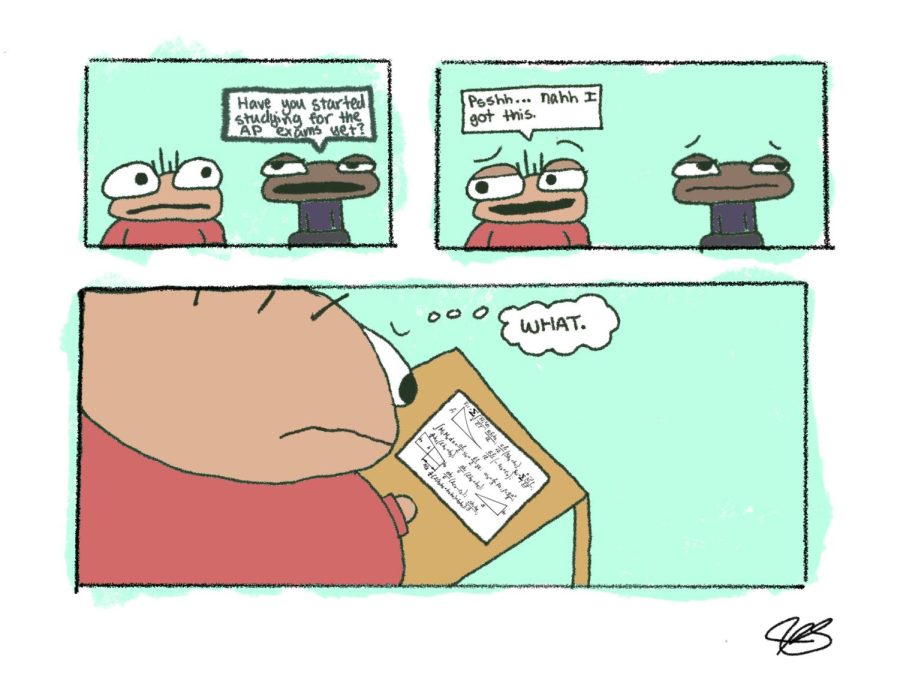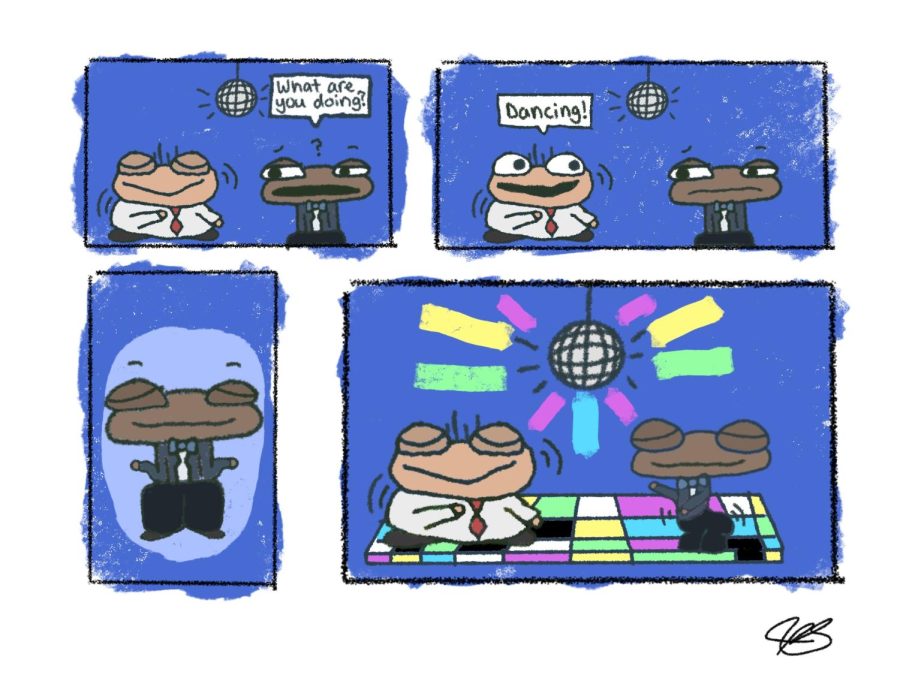At the beginning of every school year, counselors take on the huge responsibility of organizing and changing the schedules of Aliso Niguel High School students. The students have the first six weeks of school to drop or level down any classes by going to their assigned counselor during lunch or free periods.
Every year, students are in a time crunch to decide if they should drop down the level of the class before all of the spots get taken. For example, this year, there were not enough World History classes for sophomores to take after many dropped down from AP European History. In the end, they had to dissolve an AP Euro class and make it a World History class in order to accommodate the majority of students’ requests. This resulted in many schedules getting switched and students having to get used to new classes with new teachers.
“They’re requesting to level down, but there is not always going to be room,” Ms. Buechler, the counselor for students with last names Coa-Gui, explains. “We’re doing our best to meet all of their requests to level down, but it is a request, not a given.”
Ms. Whiteside, who is the counselor for students with the last names Ol-Sli, also talked about how, even before the school year begins, there are already kids in line waiting to change their schedule.
“The minute schedules are released, there is an influx of nerves of starting the new school year,” Whiteside explains. “The students chose those classes in March, and sometimes they lose the motivation that they had during the spring.”
Another big thing about the process of dropping classes is the time limit that students have to decide whether to keep on taking the class or not. The six-week period is meant to align with the first progress report of the year, and most counselors would agree that that is enough time to decide whether or not the class is suited for you; in fact, Buechler recommends students decide earlier than that if possible.
“Six weeks does seem like a long time to join a class which is essentially brand new for a student,” Buechler states.
Whiteside also replies, “The goal is that within that time, every teacher has given a test or quiz, and it gives both the teacher and the student a chance to see their ability. One or two days is not enough time. Six weeks may be too long, for some, but also I’ve seen six weeks be just enough for students to get used to the workload and decide to keep the class.”
In the end, it really comes down to the individual and their own personal lives, whether that be extracurriculars or hobbies outside of school, which could limit the workload they can take on, or how comfortable they are with taking a new elective or subject.
“It’s such a personal decision,” Buechler says.
The best advice they can give students is to choose wisely and focus on what route is best for their future.











